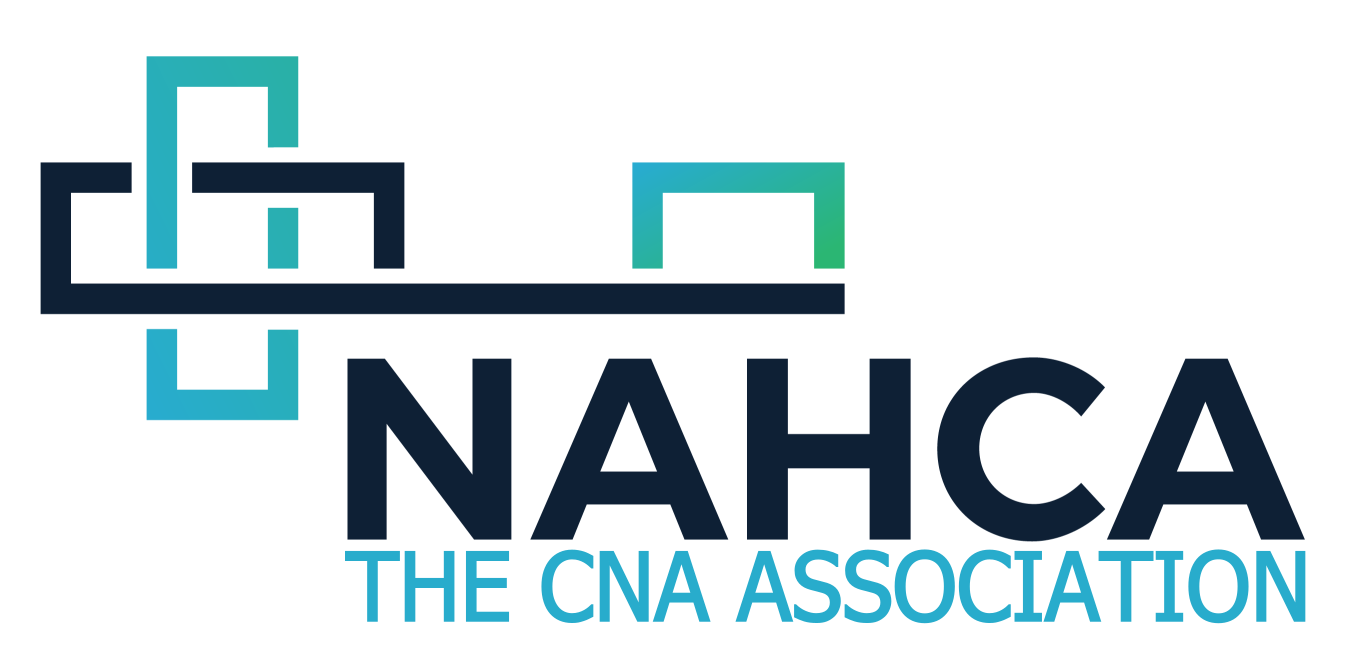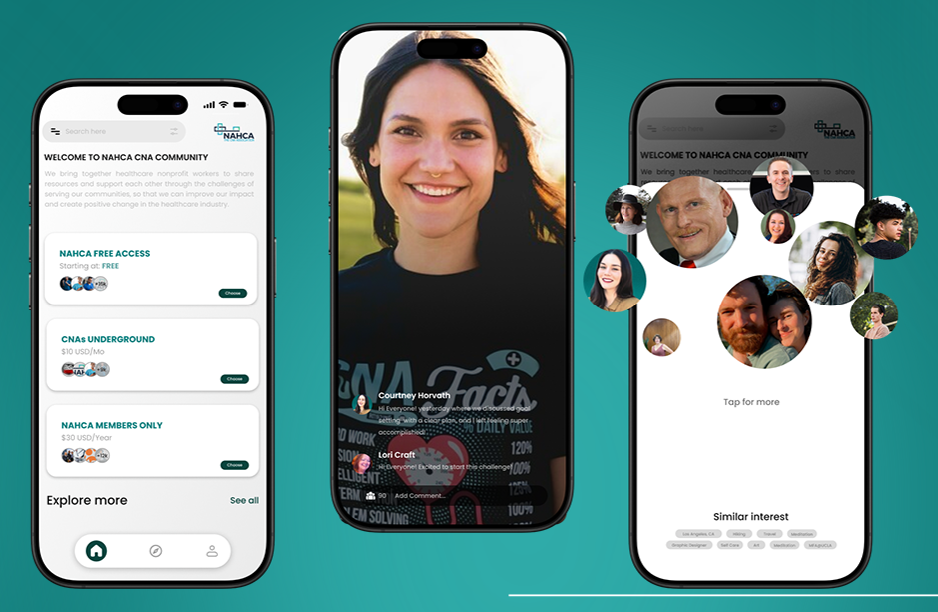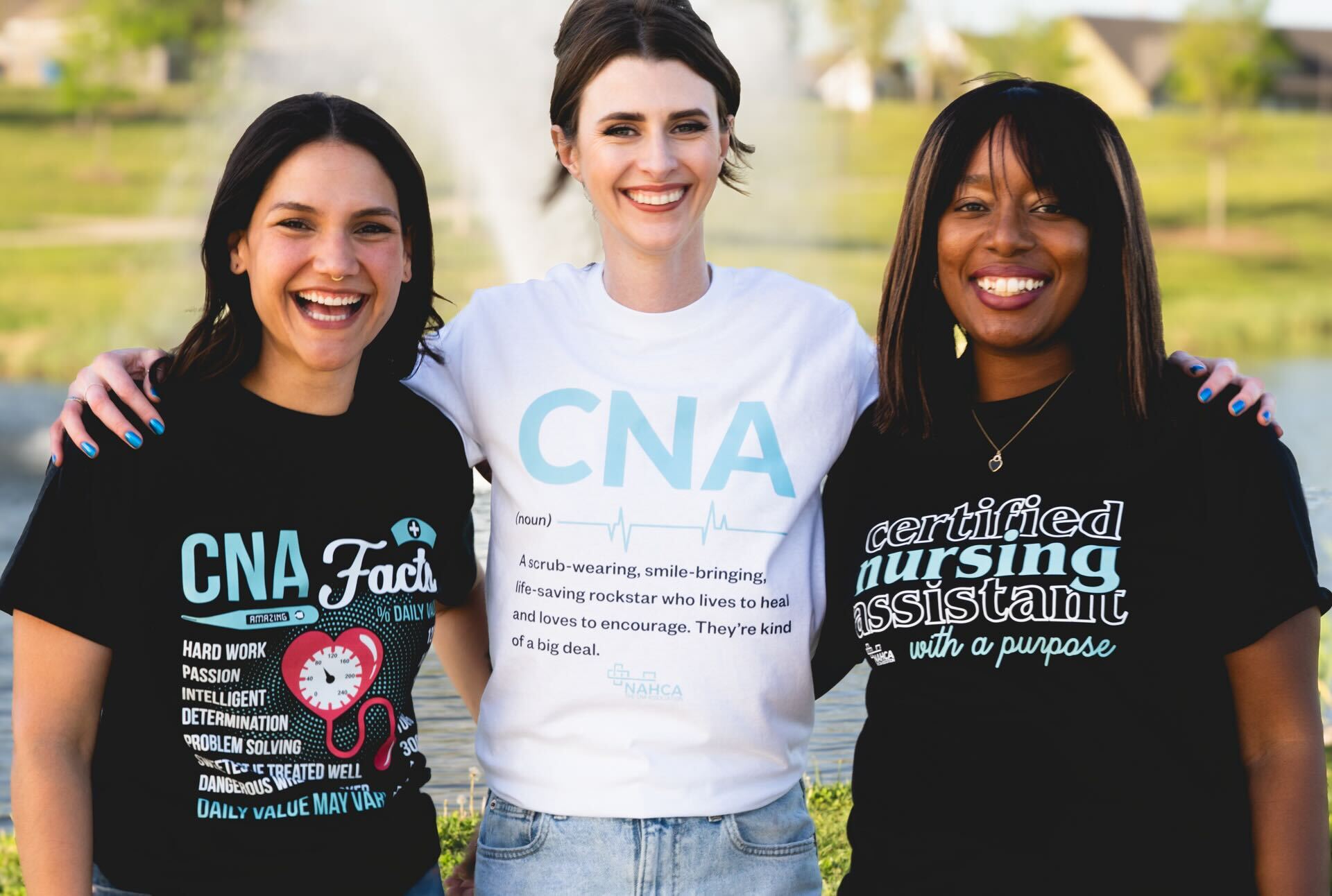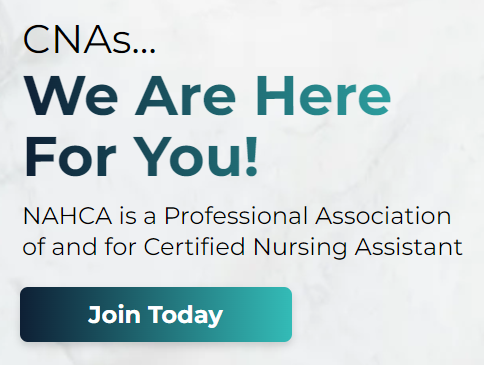Over the past several months there have been questions about ‘how do I grieve’ or ‘how do I properly grieve for my resident?’ The answer is that there is no proper way to grieve the loss of someone you have cared for. There’s no set time frame, schedule, or rules to follow.
Unfortunately, many CNAs are left in the dark when it comes to this subject. Is it due to the lack of training, knowledge or simply no guidance? What I can tell you is that grieving is a natural response to a loss. Everyone will process grieving differently. It is a very personal journey. No two people will ever take the same path. There will be days filled with emotions and then the next you may be smiling and laughing. You will need to allow yourself some time to process all of your emotions as well as understanding these emotions.
There are 5 stages in the grieving process which includes: denial, anger, bargaining, depression and finally acceptance. Your journey could take you through all five stages or only a few. Your grieving could last a day, weeks, months or even years, depending on how you handle certain levels of stress and loss.
It is also normal for someone to experience a loss of appetite, sleep disorders, have headaches or even stomach issues. Grief can come from any situation that has caused a hardship in life: loss of a job or home, loss of extra income, an illness and even all the losses associated with the current pandemic.
The best advice that I could give you in-regards to your residents is do not blame yourself for the death of a resident during this pandemic. At times I have had to remind myself I am not at fault. You are not at fault either.
I can only imagine how much death we have seen with our eyes and sorrow we have felt in our hearts. It is okay to grieve for our residents, their families, and co-workers. Grieving a loss can take its toll on everyone that works in this field.
If you find yourself needing help do not lose hope. There are people who can listen and offer some guidance. Please reach out to me or any of the Board of Directors, NAHCA staff, or any of the other professional support services that are available. Many resources are free and you can remain anonymous. Help is available, if you need to talk to someone today you can call 800-273-8255, an emotional support line.
Remember you are not alone and are never forgotten, we are here and we understand.



